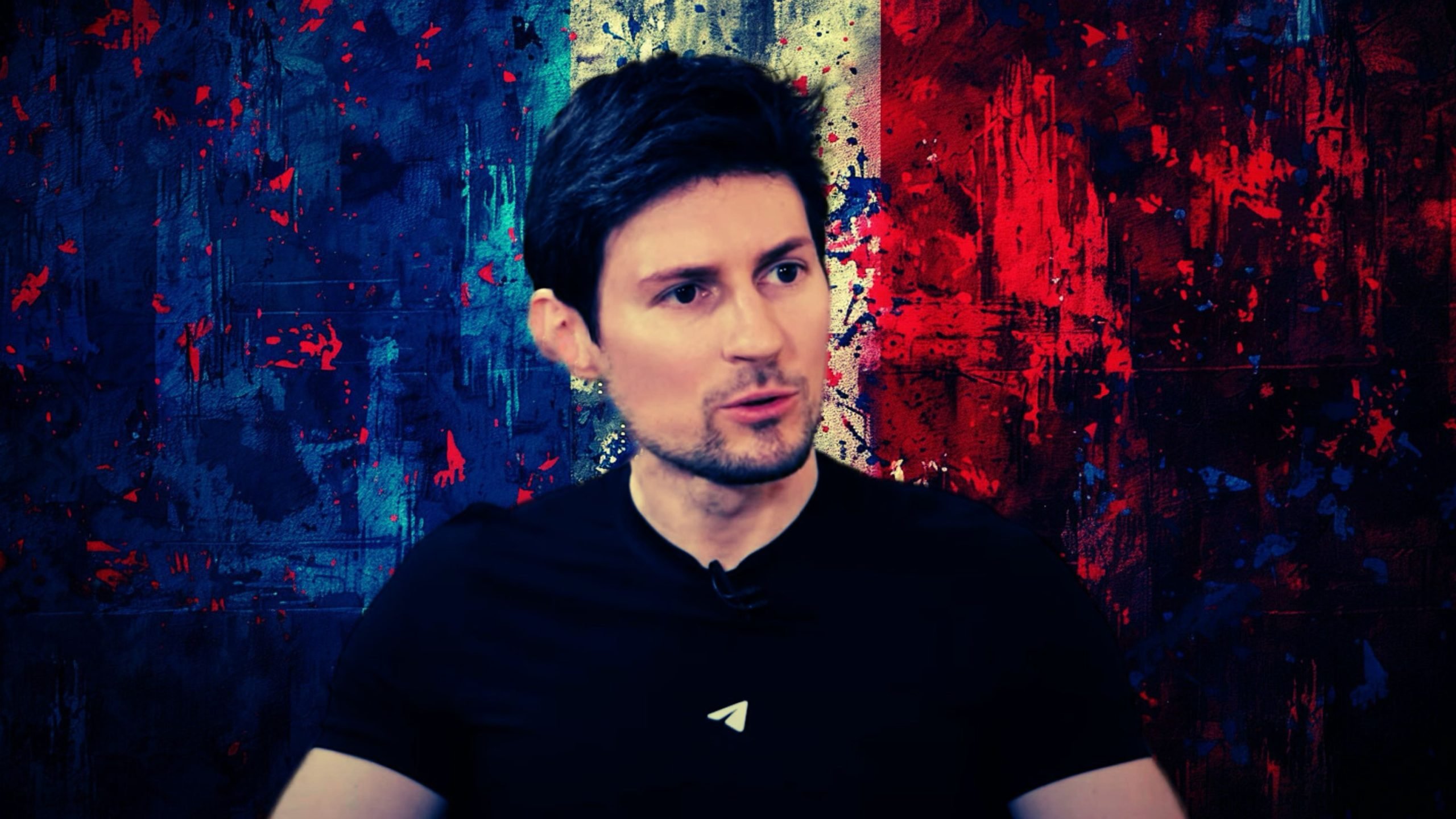Pavel Durov, the founder of Telegram, has openly challenged the French government over what he describes as an inexplicable legal ordeal marked by secrecy and indefinite restrictions on his movement.
In a conversation with Tucker Carlson, Durov laid bare his bewilderment at being entangled in a legal process he claims lacks clarity, transparency, or any direct accusation of wrongdoing.
The entrepreneur, whose encrypted messaging platform serves a global user base of around a billion people, emphasized his inability to grasp the rationale behind France’s actions.
Although he’s permitted to travel periodically, Durov said he’s effectively required to remain in the country for long stretches without clear justification. “So the other like three or four months, I am just having to be here for reasons that are very hard for me to understand,” he explained.
Despite sensational media headlines in August implying serious criminal allegations, Durov confirmed no such charges have been leveled against him.
“No one is actually claiming you were involved in those crimes, correct?” Carlson asked, referring to accusations such as child exploitation, narcotics trafficking, and arms dealing. “Correct,” Durov replied flatly.
Instead, authorities appear to be suggesting that because some of Telegram’s users may have engaged in illicit activity, Durov himself bears responsibility. Durov dismissed this logic, stating, “It’s not true that we didn’t respond to legally binding legal requests… it’s a very extensive interpretation of complicity, even for the French legal and judicial system.”
He went on to contrast Telegram’s scale and compliance with smaller, explicitly criminal platforms that had previously been targeted by French law enforcement.
Unlike those fringe applications, Telegram is a widely used communications service with international operations, corporate audits, and a long history of lawful engagement. “It’s incomprehensible to assume that all these people are criminals,” he said, pointing to the fact that one in eight people globally uses Telegram.
The implication that a tech founder is liable for the misdeeds of some users has raised questions about the consistency and fairness of such a legal framework.
Durov noted that similar content moderation challenges exist across all major platforms, yet the expectations being placed on Telegram seem disproportionately severe.
Carlson compared the situation to holding a head of state criminally accountable for crimes committed within national borders. “Can President Macron be arrested for that?” Carlson asked. “I mean if someone commits armed robbery in Burgundy or Toulouse or Nice?”
Durov responded, “The logic also eludes me.”










